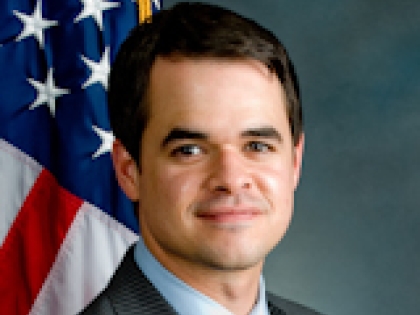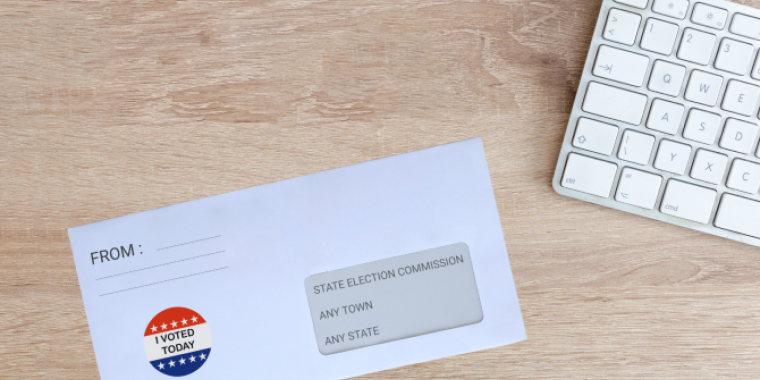
Carlucci & Abinanti Introduce New Toll Payer Protection Act
Senator David Carlucci
May 24, 2019
-
ISSUE:
- Cashless Tolling

New City, NY – Senator David Carlucci (D-Rockland/Westchester) and Assemblyman Tom Abinanti (D-Greenburgh/Mt. Pleasant) announced they have introduced a new Toll Payer Protection Act (S.6113/A.7587).
At a press conference in New City on Thursday, Carlucci and Abinanti urged their houses to quickly pass the bill and that the Governor sign it into law.
“The cashless toll system must be fair,” said Assemblyman Abinanti. “Today, while many motorists fail to pay tolls that they have incurred, there are far too many responsible motorists who are being tormented by an unfair process. This bill would establish a reasonable user-friendly process to guarantee that motorists receive and can easily pay their toll bills. It will strengthen driver’s rights to contest erroneous tolls and protect them against excessive fines and unwarranted registration suspension.”
“We have reworked the bill and are confident this bill goes even further to protect drivers. We are reducing toll bill penalties, making sure drivers receive toll bills in a timely fashion, holding tolling authorities more accountable, and protecting drivers’ personal data,” said Senator Carlucci. "As cashless tolling expands it's our job to update our laws and make sure the system is working as intended."
The new Toll Payer Protection Act first establishes and codifies into law that cashless tolling can be done in New York State so the state is not put at risk if people file lawsuits.
Secondly, the new bill makes penalties more reasonable so people are not driven into debt. Now after a first violation a person is only responsible for a $5 penalty and after a second violation, a $25 penalty. Under the previous bill, a person was responsible for a $50 penalty or double the toll, whichever was greater on first violation. On second violation, previously, a person was responsible for a $100 penalty or 5 times the toll, whichever was greater.
The new bill further protects drivers because it not only requires the tolling authority send the bill in 30 days, but it also states that a driver is not liable for the payment if he or she does not receive the notice within 30 days. A driver is now not only able to dispute a bill, but also have a hearing before a judge like any other traffic moving violation.
The new bill also safeguards a driver's data. Images that identify the driver, passengers or contents in the vehicle cannot play any role in toll billing. Additionally, images and videos cannot be made public or used by courts in any action unless it’s specifically related to an unpaid toll bill.
Finally, the new bill holds the tolling authorities more accountable by requiring they submit an annual report of the Toll By Mail program to the Governor, the Temporary President of the Senate, and the Speaker of the Assembly. The report must include figures like the number of tolls paid, the number of owners charged with a penalty, and the number of owners who disputed a toll bill. The report will be due before June 1st every year and must be posted online. The information will keep the Toll By Mail program transparent and help lawmakers see if the program is working effectively.
Similar to the old bill, this bill does not allow a driver's registration to be suspended for unpaid tolls, it requires that toll bills provide more detailed information, it allows a driver to sign up for email or text alerts about bills incurred, it allows a driver to set up a monthly payment plan, and it offers an MTA Amnesty Program lasting at least 5 weeks for drivers who incurred tolls on or after November 1, 2016.
A similar bill passed the Assembly and Senate during the 2018 legislative session, but was vetoed by the Governor. It was initially prompted by many vehicle owners who claimed that they never received their toll bills in the mail or they were sent to collections before they knew they had an outstanding bill. Many also complained about excessive fines and fees imposed for small sums of outstanding tolls – then owing thousands to multiple collection agencies. There were even reports of families being left on the side of the road after their cars were seized by state police for a registration suspension from outstanding cashless tolls fees.
With the expansion of cashless tolling throughout the State and congestion pricing in Manhattan there is new impetus to the push for the legislation.



